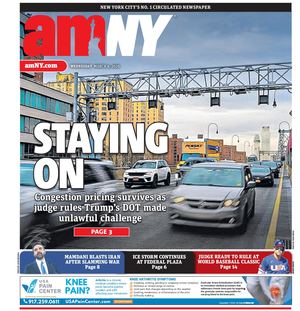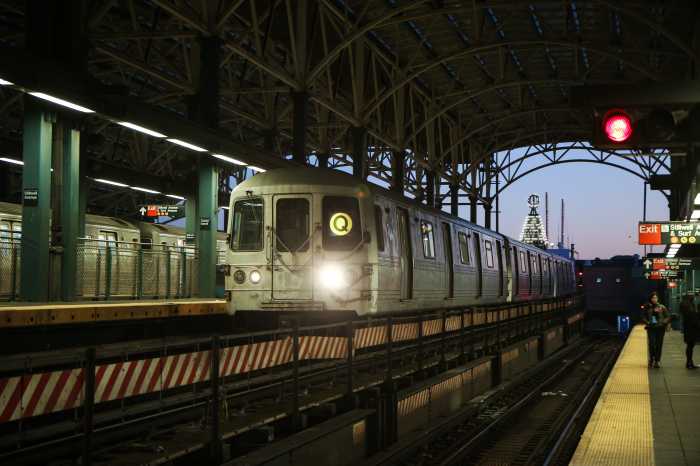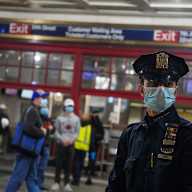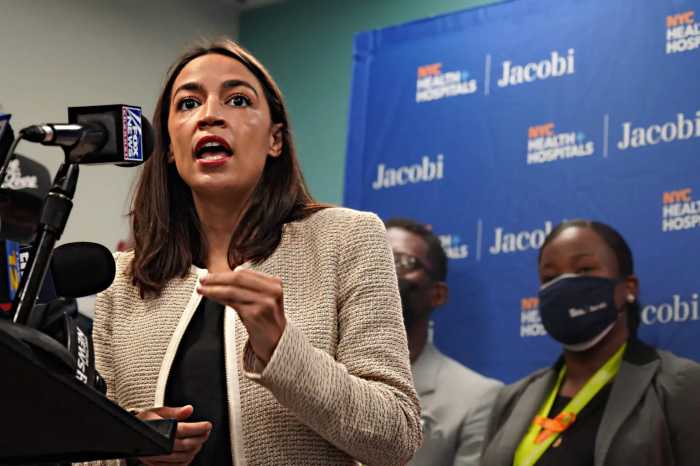The mayor announced the expansion of the NYPD’s Quality of Life Division in June, proudly touting the number of summonses and arrests since its launch in April – 6,100 and 357 respectively – as a marker of success. Let’s be clear: giving out tickets, making arrests, and increasing police presence is not the same as improving quality of life. It’s a troubling return to failed policies that treat poverty, mental illness, and homelessness as public safety issues rather than the human crises they are.
New Yorkers understand this reality. According to our citywide poll with the 5BORO Institute, conducted earlier this year, an overwhelming 84% of city residents believe we are facing a serious mental health crisis. Even more telling, 58% of New Yorkers say they feel mostly empathy—not fear or frustration—for those on the streets or subways struggling with mental health, substance abuse, and other issues. This isn’t a city that wants more punishment; it’s a city that wants more compassion.
New Yorkers know what quality of life looks like. It’s affordable housing. It’s clean streets, safe parks, and accessible mental health services. It’s knowing your neighbor has a roof over their head and food on the table. It’s not more police vans parked on corners or more summonses handed out to people who have nowhere to go, no job to get to, and no support to lean on.
Advocates have been saying this for years and our survey shows that the public agrees. When asked what the city should be doing to address the mental health and homelessness crisis on our streets, the top answer, given by nearly one-third of New Yorkers (29%), was that the city should prioritize expanding mental health and housing support. This is what real quality of life investment looks like: not criminalization, but care.
Quality of life can’t be legislated through law enforcement, it must be nurtured through community investment. Arrests and summonses don’t provide mental health care. They don’t prevent evictions or feed hungry families. They don’t address addiction or domestic violence. They just push people further to the margins.
Many of the issues this task force is targeting—public drug use, panhandling, loitering, street homelessness—are symptoms of deeper systemic failures. They are directly tied to our city’s affordability crisis, the collapse of accessible mental health care, the defunding of community-based support systems, and the decades-long disinvestment in low-income neighborhoods.
Importantly, New Yorkers aren’t asking for a choice between safety and compassion. Our survey responses show strong support for city-funded programs that combine mental health support with public safety initiatives to reduce crime and violence. This points to a smarter approach that recognizes that true public safety comes from addressing root causes, not symptoms.
Nonprofits, social workers, public health professionals, and outreach workers have the training, experience, and trauma-informed tools to address these challenges compassionately and effectively. These are the people who can connect New Yorkers to shelter, treatment, food, and job training. These are the people who build trust with vulnerable communities. These are the people who are equipped to improve quality of life.
It is time to listen to what New Yorkers are saying about what will work for our communities to build a safer, healthier, more livable city. Instead of expanding punishments for those who need our help the most, we need to invest in the organizations and leaders already working in our communities to provide mental health and housing support.
We need to stop equating quality of life with policing. New Yorkers understand that genuine improvement in quality of life comes through social justice solutions, not by increasing criminal justice statistics. If New York City wants to live up to its promise of equity and opportunity for all, we must start investing in solutions.
Dr. Jocelynne Rainey is the President of Brooklyn Org.








































